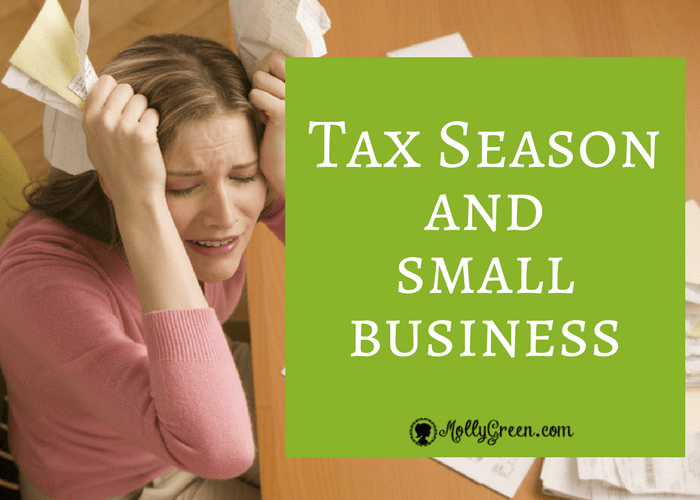
Small business owners who are looking for ways to save some hassles and headaches often don’t want to think about their taxes. However, if you are aware of the common mistakes small-business owners make, stay current with quarterly estimates, and use resources available to you, you can make your next tax season much more manageable and avoid some of those dreaded hassles and headaches. We offer a few tips for a hassle-free tax season for your small business below.
Avoid Common Mistakes
The first step toward making tax season more manageable and hassle free is to avoid common mistakes that plague small-business owners at tax time. Whether small-business owners make these mistakes because they are in a rush to meet filing deadlines or because they don’t know some of the filing rules, the key is to be aware of them to avoid making them in the future.
- Neglecting to report information as it is reported to you – The IRS matches information reported on 1099s to entries on taxpayers’ returns. You should be sure to report income on your returns the same way it is reported on a Form 1099-MISC no matter the circumstances.
- Overlooking limitations – There are limits on what you can report and when. If you do your own taxes, you need to read about the limitations and have current knowledge of them. Otherwise, discuss your limitations with your accountant or tax professional so you aren’t reporting more than you should be when it comes to meal and entertainment costs and startup costs.
- Reporting sales tax as part of income – Remember that taxable items should be reported without including the sales tax amount. When reporting income from sales, make sure you subtract the sales tax first.
- Incorrectly classifying workers – While it may be tempting to classify workers as independent contractors to save on payroll and taxes, you need to make sure that you are correctly classifying all of your workers. If you do misclassify a worker as an independent contractor, you will face payroll tax penalties.
- Failing to file on time – One of the worst tax mistakes small-business owners make is failing to file on time. You need to be aware of deadlines or make sure that your accountant is filing on time, and, if you do hire a tax professional, make sure you have enough cash to pay your taxes on time to avoid penalties. Even if you don’t have the cash, file your return on time, pay what you can afford, and make arrangements to use an installment payment plan to cover the rest that you owe.
Stay Consistent with Your Estimated Tax Payments
If your small business is required to make quarterly estimated tax payments, be sure that you are doing so. Keep in mind that these estimates are related to income that is not subject to withholding and includes money from self-employment, interest, dividends, and gains from selling assets. Most small-business owners who file as sole proprietors, partners, corporations, and self-employed individuals make estimated tax payments, especially if they think they will owe $1,000 or more when they file. Some small business owners reach out to accountants or tax attorneys for help with Form 1040-ES when working on quarterly estimated tax payments.
Use the Resources Available to You
Small-business owners typically like to do things for themselves. But, making use of resources available to help small-business owners with taxes is a smart move for those who want to avoid hassles at tax time. For example, small-business owners should choose a W-2 software and/or 1099 software program that assists in generating and filing forms. Look into the software available to your business and choose the one that is best for your needs; some small-business owners make the mistake of purchasing software that is designed for much larger corporations and enterprises. Keep in mind that you can use the software purchase as an expense as well.
Tax time can be stressful for small-business owners. Make things easier for yourself by avoiding common mistakes, staying current with your quarterly estimates, and using resources like tax software designed specifically for small businesses.




